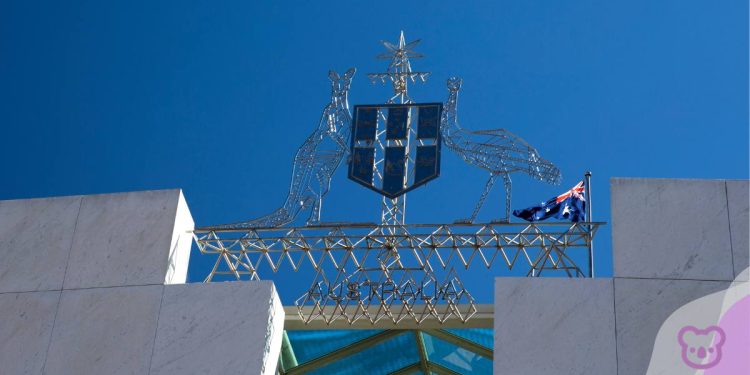Late Thursday evening, the Senate passed the Education Legislation Amendment (Integrity and Other Measures) Bill 2025, with the Government agreeing to four amendments put forward by the Opposition that apply to the international education aspects of the Bill.
The amendments address a number of concerns raised during the inquiry by the Senate Education and Employment Legislation Committee report into the Bill, including overreaching ministerial and departmental powers and the requirement for providers to deliver courses to domestic students for two years prior to registration.
On Tuesday, Coalition Senators tabled additional comments to the Senate Committee’s report, providing a hint as to the amendments the Opposition might propose (TKN 261125). Although not all concerns raised by the sector during the inquiry have been addressed, the four agreed amendments are significant.
Opposition amendments
The following amendments were put forward by Senator Jonathon Duniam on behalf of the Opposition and were agreed by the Senate:
- An independent review
An independent review of the amendments made in Schedule 1 of the Bill (ie amendments to the ESOS, TEQSA Acts and HESA) will be conducted within two years, with a written report provided to the Minister and subsequently tabled in Parliament. (See here)
- Power of the Secretary to request information is not retrospective
The Bill originally allowed the reporting period for education agent commissions to start before, on or after the commencement of the Bill. The amendment removes references to ‘before’, ensuring that information requested is not retrospective. (See here)
- Exempting higher education and TAFE providers from new registration requirements
The Bill requires providers to deliver courses to domestic students for two years before offering courses to international students. Existing exemptions already include ELICOS/Foundation program providers and Table A providers (ie public universities).
The amendment expands the exemption to all registered higher education providers (within the meaning of the TEQSA Act) and TAFE providers, and provides a definition for a registered TAFE provider. (See here)
- Safeguards on suspension and cancellation of courses
Concerns about unfettered Ministerial powers were raised in submissions to the Senate Committee. The agreed amendments include:
- Additional wording: The Minister may, by legislative instrument, specify one or more classes of courses for the purposes of this section if the Minister is satisfied on reasonable grounds that…
- Substitutions:
- “there are or have been systemic issues problems in relation to the standard of delivery of the courses included in the class.”
- “In considering whether to make such an instrument, the Minister may have regard to any must have regard to all of the following matters…”
- Consultation: The Minister must consult with the relevant regulator, the Secretary, anyone else the Minister considers appropriate.
- Tabling in Parliament: If the Minister makes an instrument under this subsection, they must table a statement in Parliament of their reasons.
(See here)
Other proposed amendments
Prior to the voting on Committee of the Whole amendments, Greens Senator Mehreen Fauqi proposed a second-reading amendment. In part, the amendment called on the Senate to note that:
- international students have been repeatedly demonised and scapegoated by this Labor government for a housing crisis that they did not cause
- international students contribute significantly to our campuses and our communities, yet are treated like cash cows through exorbitant fees and crushing visa application costs
And called for the Government, among other things, to:
- provide additional support to international students in higher education and end the scapegoating
- reduce international student visa application fees
Unsurprisingly, given its content, this amendment was not agreed by the Senate. A copy of the full Greens’ amendment is available here.
Former Education Shadow Spokeswoman Senator Sarah Henderson split from her Opposition colleagues to propose two additional amendments to the Bill and the Greens proposed one more. All three were defeated in the Senate vote. The amendments were not published on the Senate website and their content is unknown at the time of writing.
What happens now?
The Bill will now return to the House of Representatives for agreement to the Senate amendments. Although Thursday was set to be the last sitting day of the year, the House of Representatives has agreed to sit on Friday, 28 November, due to the volume of Bills passed with amendments in the Senate on Thursday.
As the Government has a clear majority and has agreed to the amendments in the Senate, the Bill is expected to pass in the House of Representatives on Friday and will then be sent for Royal Assent.
















